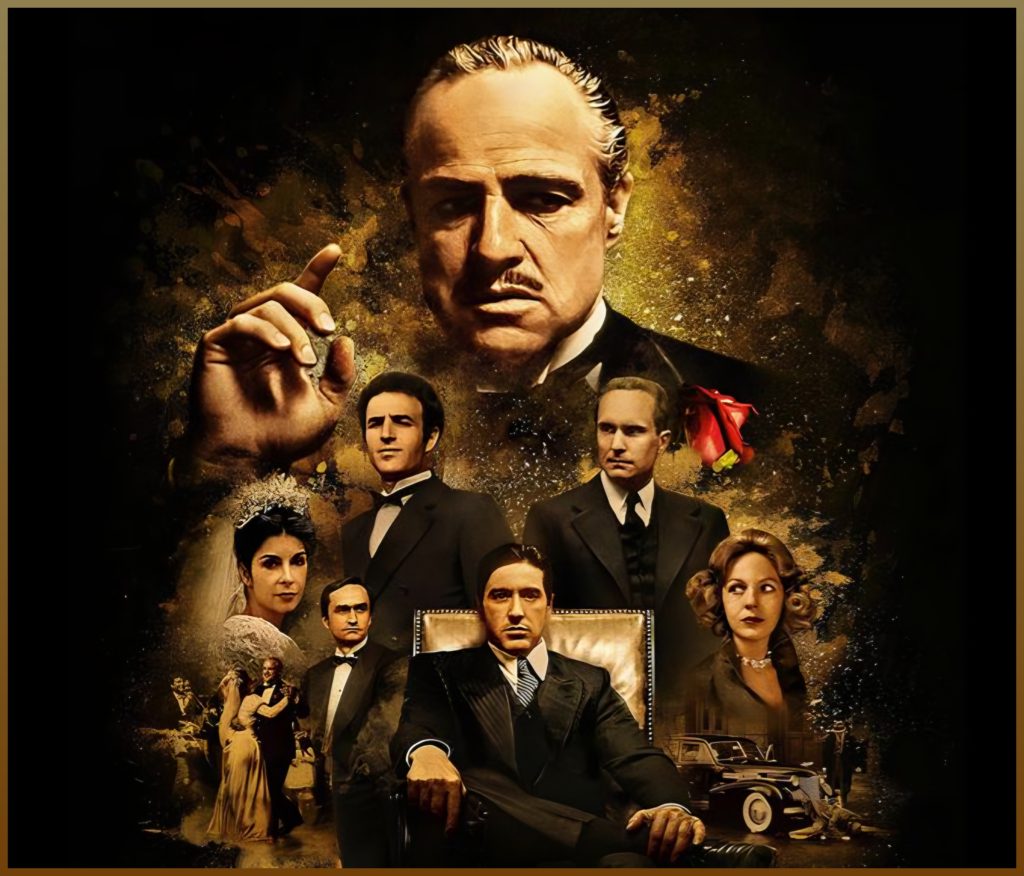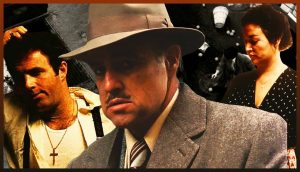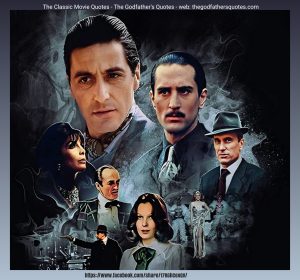
Few films in history have shaped our understanding of power, leadership, and business strategy like The Godfather trilogy. Though it is set in the world of crime, every scene, dialogue, and decision reflects real lessons about how influence, loyalty, and smart negotiation shape success in today’s world. The trilogy – The Godfather (1972), The Godfather Part II (1974), and The Godfather Part III (1990) – isn’t just cinema; it’s a timeless masterclass in how to build, sustain, and protect an empire. Even in the modern corporate world, where competition is fierce and ethics often blur, the principles from Don Corleone’s world remain surprisingly relevant.
From the very first part, Don Vito Corleone teaches us the art of respect and relationship management. His iconic line, “I’m gonna make him an offer he can’t refuse,” is not about threats, but about the mastery of persuasion. In business today, the same philosophy applies – success often depends on how well you understand people’s needs and how effectively you can align your goals with theirs. Vito never forced loyalty; he earned it by protecting, helping, and rewarding those who stood by him. In modern companies, leaders who practice empathy, fairness, and strategic generosity often build the strongest teams. Just like Don Corleone, successful CEOs focus on long-term trust rather than short-term wins.
The Godfather Part II takes us deeper into expansion and the global mindset of business. Michael Corleone’s leadership is cold, calculated, and forward-thinking. He represents the transformation of a family business into a corporate empire – exactly what many entrepreneurs experience today. Michael modernizes the operations, removes emotional bias, and looks at the bigger picture – profit, survival, and influence. However, his journey also warns us about the price of ambition. In chasing power, he loses connection with his family and morality. The second part reminds modern professionals that while growth and profit are essential, losing human connection, ethics, or balance can destroy everything built with hard work. It’s a cautionary tale that resonates in the corporate world – especially where leaders burn out or lose purpose in the pursuit of dominance.
By the time we reach The Godfather Part III, the world has changed, and so has the nature of business. Michael tries to turn the once-feared empire into a legitimate corporation. This shift mirrors how many traditional businesses today try to rebrand, go ethical, or enter new markets after years of aggressive strategies. Yet, even as Michael seeks redemption, he learns that the past is not easily erased. The film brilliantly symbolizes the struggle of modern businesses with reputation management, transparency, and public image. In the age of social media, one wrong move can destroy decades of success – just as Michael’s attempt to clean his name is overshadowed by old sins and power struggles. The trilogy concludes with a haunting message: leadership is not just about control but also about legacy – what remains after power fades.
What makes The Godfather trilogy timeless is its deep understanding of human nature – loyalty, betrayal, greed, family, and honor. These are not just mafia themes; they are the foundation of every organization, political movement, or global corporation. Whether it’s Apple, Amazon, or a small startup, every business faces the same questions: whom to trust, how to grow, how to protect your values, and when to step back. Don Vito and Michael’s stories remind us that strategy without morality leads to emptiness, and power without purpose leads to downfall.
In essence, The Godfather is not just about organized crime – it’s a mirror of organized ambition. It teaches that success in business, like in life, depends on respect, vision, and timing. As Don Vito said, “A man who doesn’t spend time with his family can never be a real man.” In today’s context, it’s a reminder that balance, loyalty, and humanity are still the greatest strengths in any empire – corporate or otherwise.






Excellent article, very well done. I always thought that this would make a great day!
Keep loving our articles